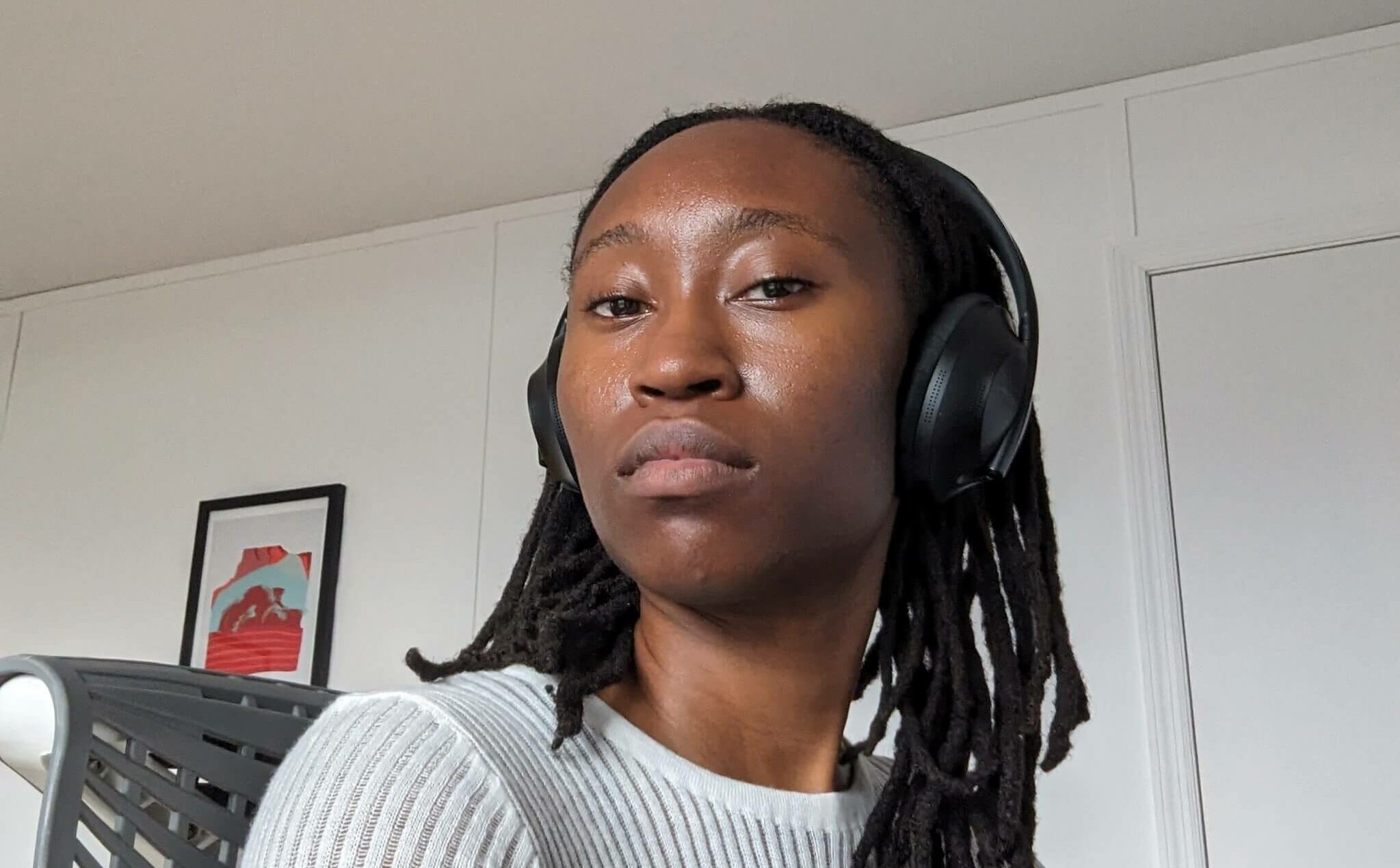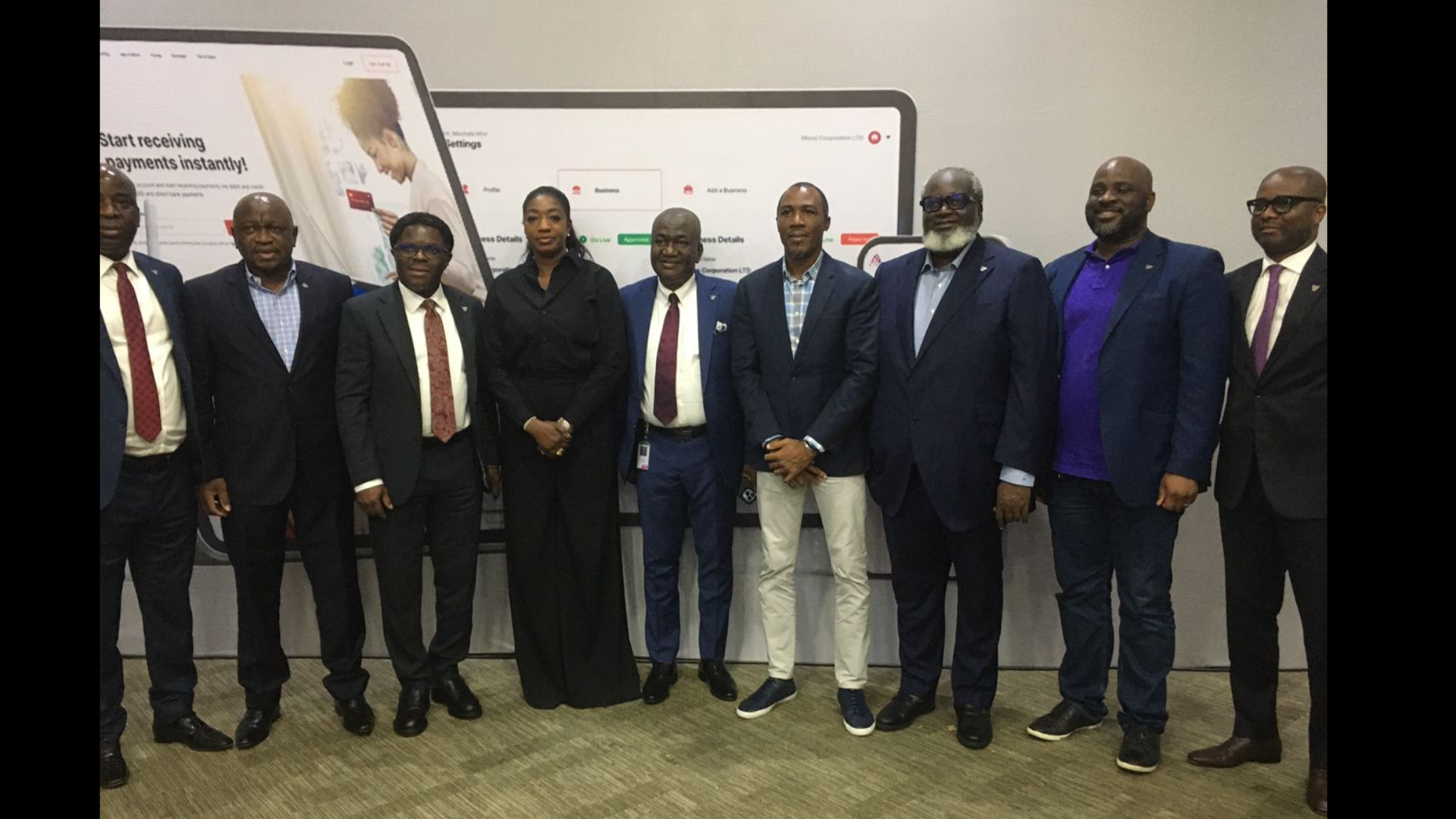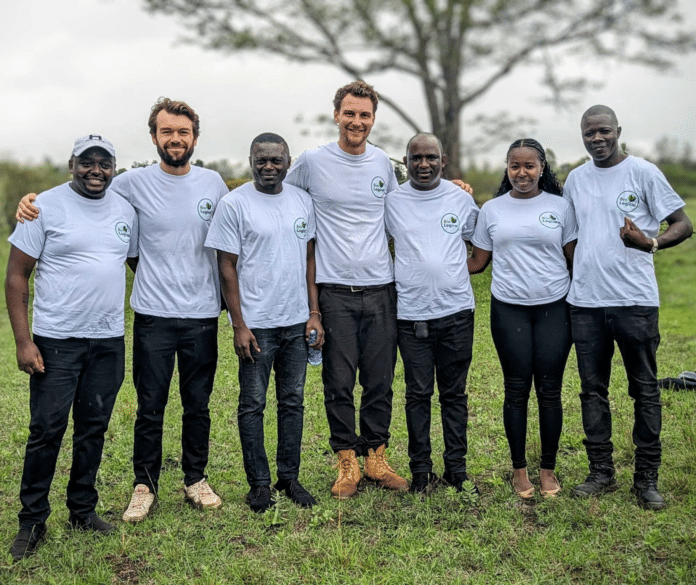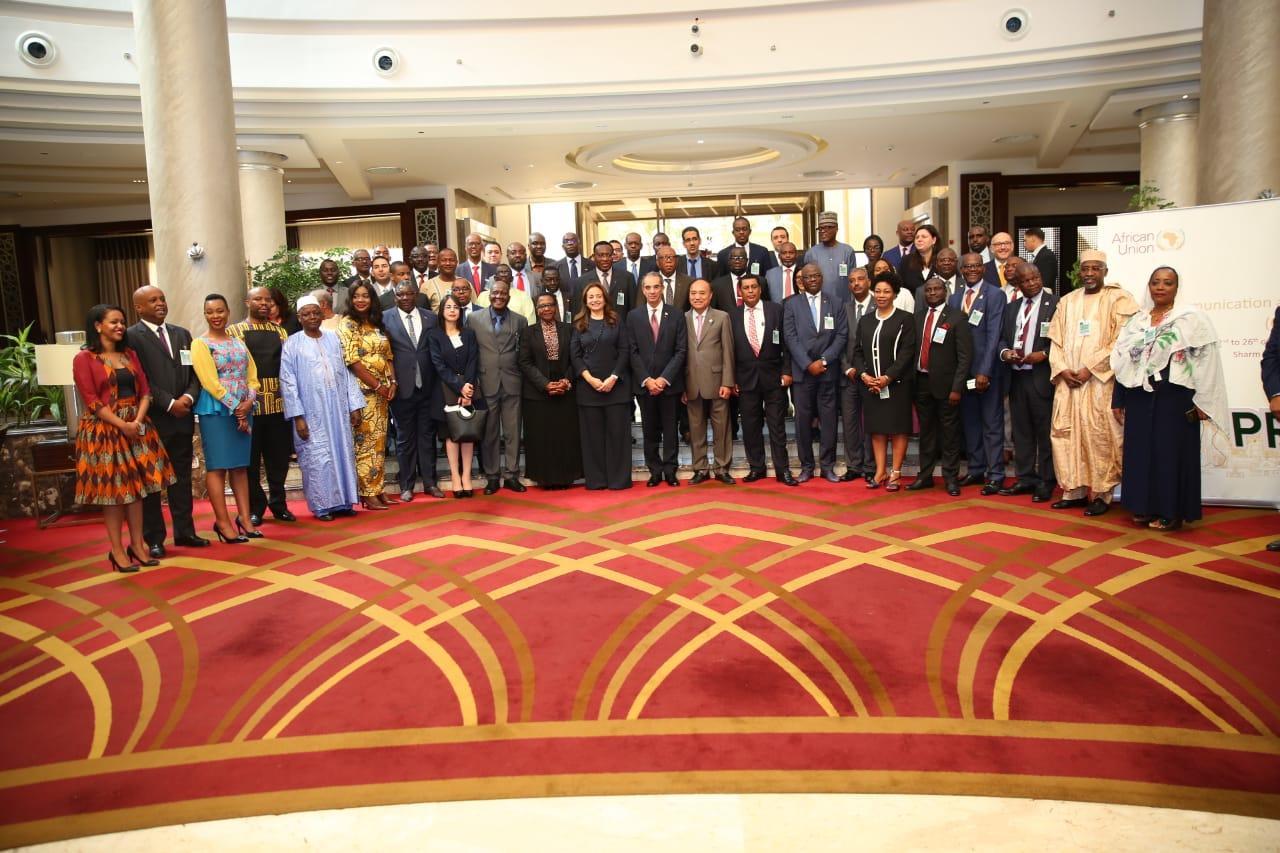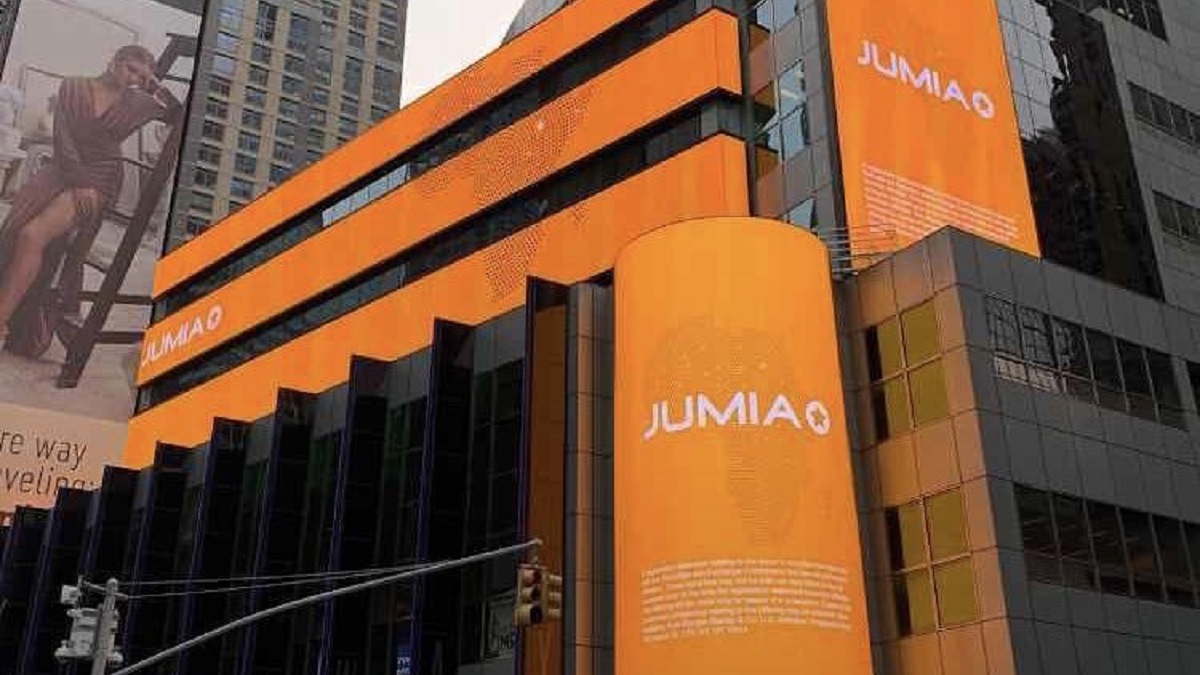According to Madam Tobiloba Adebisi, a well-known Edutech expert and virtual instructor, the work that she has done has significantly contributed to the improvement of African language and culture. She employs various forms of technology to educate and disseminate knowledge about the Yoruba language and culture to individuals worldwide. Knowing Edutech has made it possible for her to have an impact on a worldwide scale.
As a pioneer in virtual teaching, Madam Tobiloba has utilised various tech tools and platforms to reach a broad audience, making the Yoruba language and culture accessible worldwide.
In an interview with TechPression, Tobiloba discussed her Edutech company, its obstacles, digital solutions, and African cultural preservation. She also told other young people who want to become virtual teachers as a job in edtech:
Read also: How to still achieve your goals in the 2nd-half of 2024 – Part 1
What inspired you to start virtual teaching, and what has been your experience so far?
Tobiloba: I never intended to become a virtual teacher. I was dissatisfied with my radio job and sought a change. A friend suggested voice-over work, mentioning I shouldn’t limit myself to English. I was open to any opportunity and interviewed for virtual teaching using my phone. To my surprise, it worked out! Now, I enjoy my job, interacting with people from diverse backgrounds and teaching Yoruba language and culture. It’s a path I never expected to take, but I’m glad I did.
Firstly, how do you make virtual classes engaging and interactive for students learning Yoruba language and culture?
Tobiloba: To make virtual learning effective, I make things enjoyable for my students. I don’t just follow a routine but create an engaging environment where students feel comfortable learning from their mistakes. In my classes, students take ownership of their learning, doing 70% of the work and talking while I guide and support them. This approach builds a strong connection with my students and makes learning fun.
What edutech tools or platforms do you find most effective for teaching Yoruba language and culture?
Tobiloba: In my teaching and professional activities, I use various tools. Primarily, I use Zoom for classroom instruction and Google Meet for team meetings to discuss curriculum development. I use Canva to create classroom materials. Additionally, I use Quizlet for quizzes, CapCut for video editing, Notion for organisation, and Slack for communication. For audio editing, I use Bandlab. I also frequently use Google Spreadsheets. I use a few other tools occasionally, but these are the primary ones.
How do you assess student progress and understanding in a virtual setting?
Tobiloba: Virtual learning has increased access to Yoruba language and culture. I’ve transitioned to Facebook virtual teaching full-time, using interactive methods like building sentences and analysing Nigerian songs to ensure students understand the material. This approach goes beyond conventional methods, making learning more engaging and accessible. I’ve adapted to the future of education, leaving my radio job to focus on virtual teaching, which extends beyond traditional classroom settings..
How has virtual teaching expanded access to Yoruba language and culture education, especially for those outside Africa?
Tobiloba: Our virtual Yoruba classes offer a flexible and personalised learning experience, allowing you to learn at your own pace and schedule. With a supportive community and a progress-driven approach, you’ll be able to grow and improve without feeling judged. By joining our global learning platform, you’ll unlock a futuristic approach to language learning that prioritises your needs and goals, helping you to achieve fluency in Yoruba and connect with a worldwide community of learners.
What cultural challenges have you faced while teaching Yoruba language and culture online, and how have you addressed them?
Tobiloba: I have yet to face significant cultural challenges. Most students are new to Yoruba culture, so they’re taking classes. I’m responsible for teaching them about our customs, such as respecting culture, which can be unfamiliar. For instance, an American student found our body language unemotional. However, my students are eager to learn and embrace these cultural differences, which is great to see.
What feedback have you received from students, and how has it shaped your approach to virtual teaching?
Tobiloba: Students are enthusiastic about my classes, saying they’re fun, creative, and engaging. They appreciate how I break down technical terms, making learning easy. This positive feedback motivates me and has boosted my confidence. I’ve transitioned from tutor to curriculum developer, completing 500 hours of teaching in just 9 months.
What role do you envision virtual teaching in promoting Yoruba language and culture shortly?
Tobiloba: Virtual teaching is vital for Yoruba language learning, making it easier for people to learn from native speakers online. Students prefer one-on-one interactions with native speakers over language apps. This trend is increasing interest in learning Yoruba, especially among Nigerians in the diaspora, and will continue to boost Yoruba language learning globally.
Read also: How to still achieve your goals in the 2nd half of 2024 – Part 2 (Tools you need)
Many young people are looking up to you or want to go on this career path. What can you say to them?
Tobiloba: I stumbled into virtual teaching, but to succeed, you need to trust your abilities and master tech skills. Learn platforms like Zoom, Google Meet, and Skype to stay ahead. Be versatile, adaptable, and creative, using tools like Canva and CapCut to simplify learning.
Focus on acquiring tech skills, creating engaging materials, and being empathetic. Build friendships and show compassion. To become a skilled virtual teacher, learn to use meeting platforms, develop video editing and presentation skills, and prioritise effective communication and genuine care for your students.
What’s your last note on this session?
Tobiloba: After the God factor, virtual learning is crucial. Invest in a good laptop with at least 6GB RAM, a quality webcam, and clear audio. I recommend against using your phone as a substitute for a laptop, as it is too limiting in this career path.
Additionally, ensure you have excellent internet connectivity, preferably with a reliable network connection. You don’t need to break the bank; a solid laptop and strong internet are essential. Once you have these, everything else will fall into place.
In embracing edutech, the richness of Yoruba culture and language can be preserved and shared widely. By integrating technology into education, we empower future generations to connect with their heritage innovatively, ensuring the survival and growth of Yoruba traditions in a globalised world.
